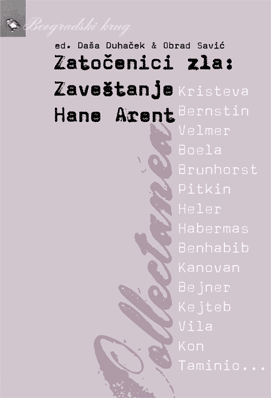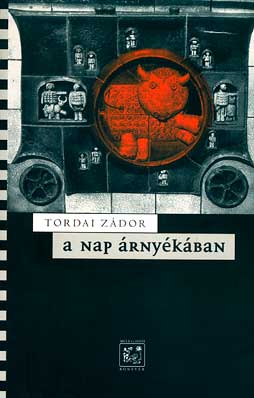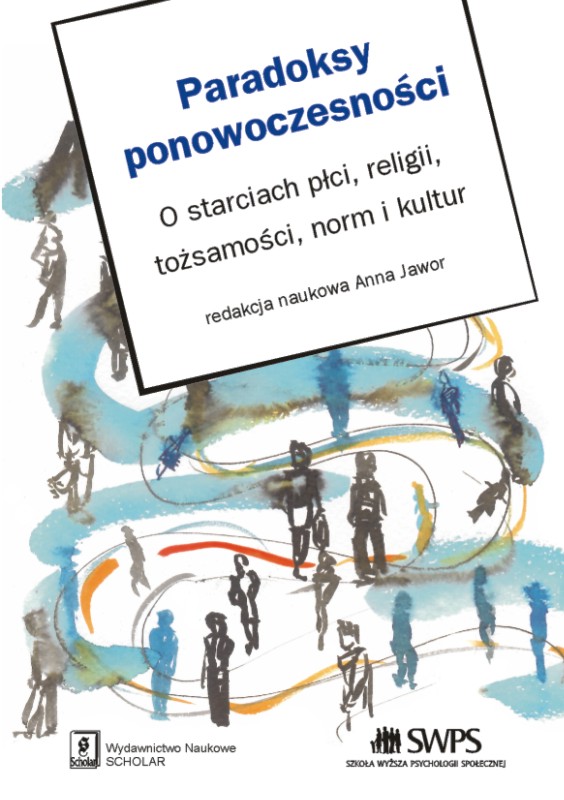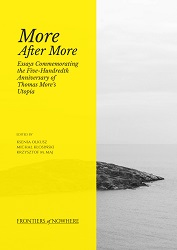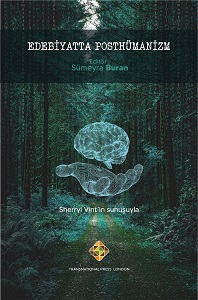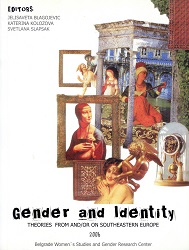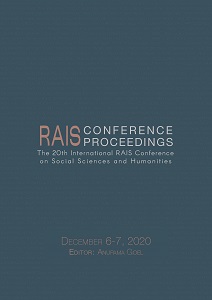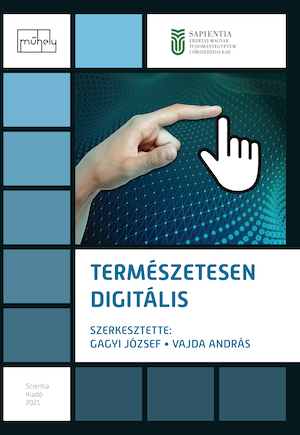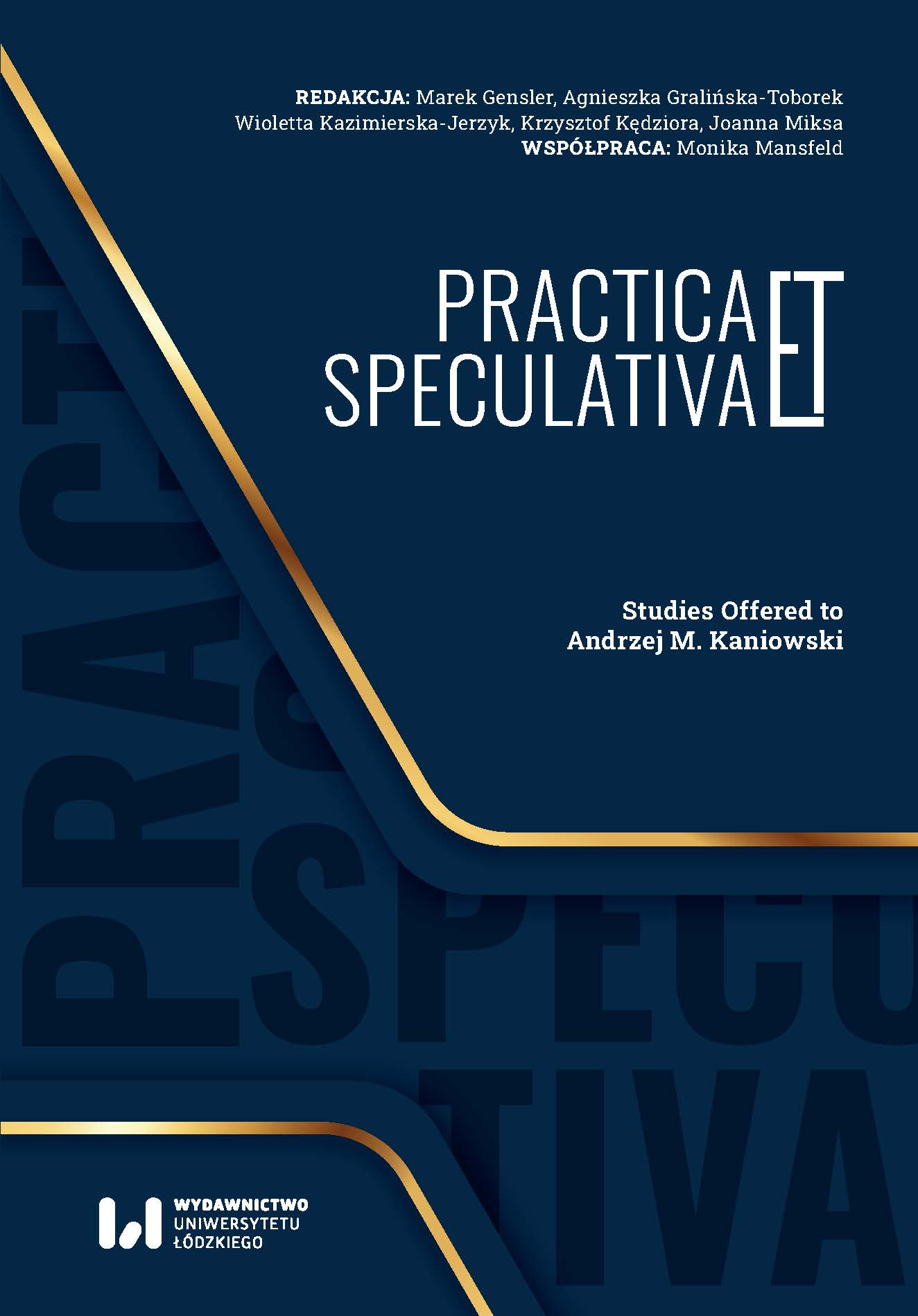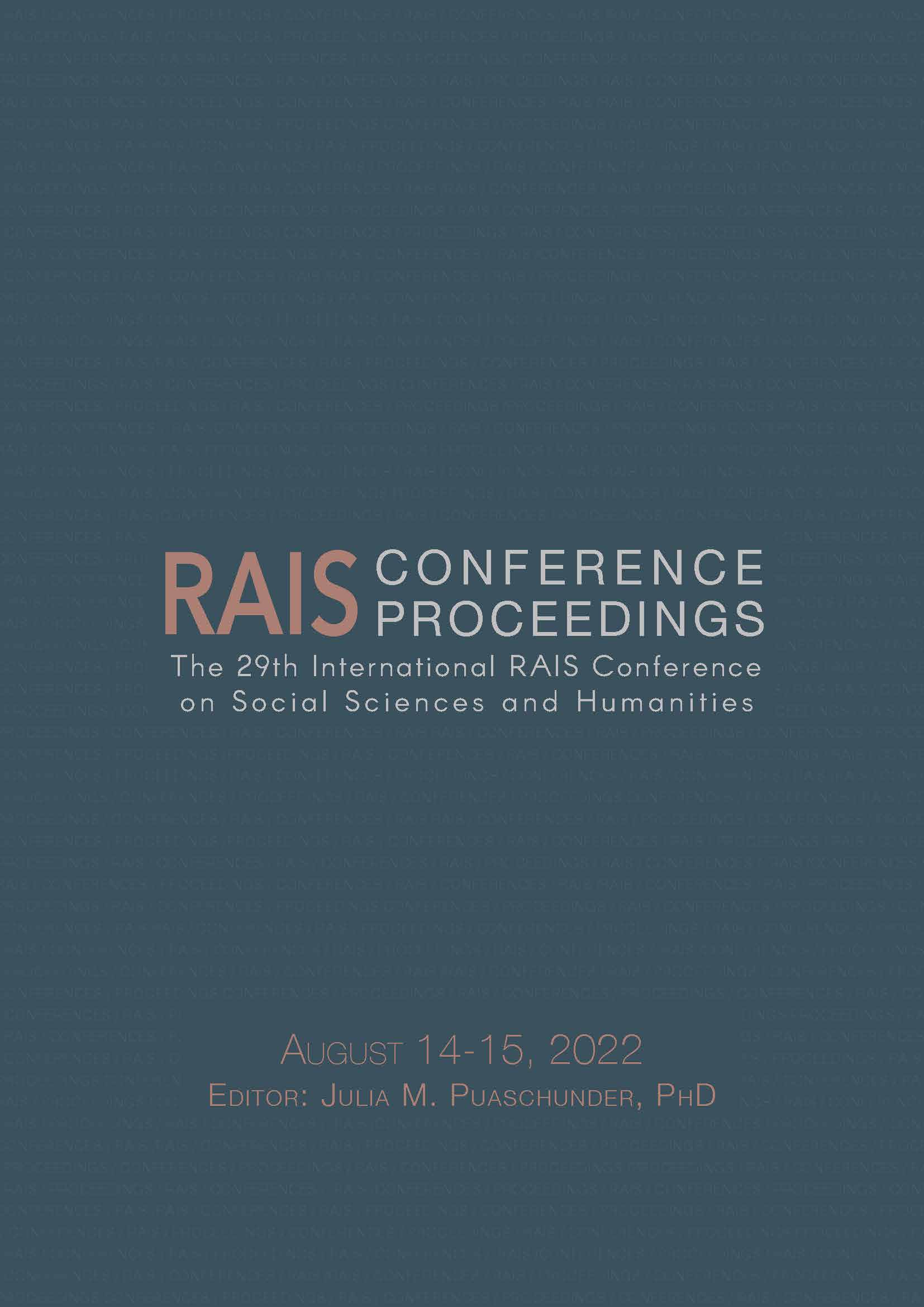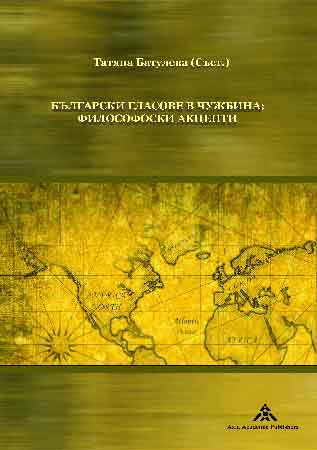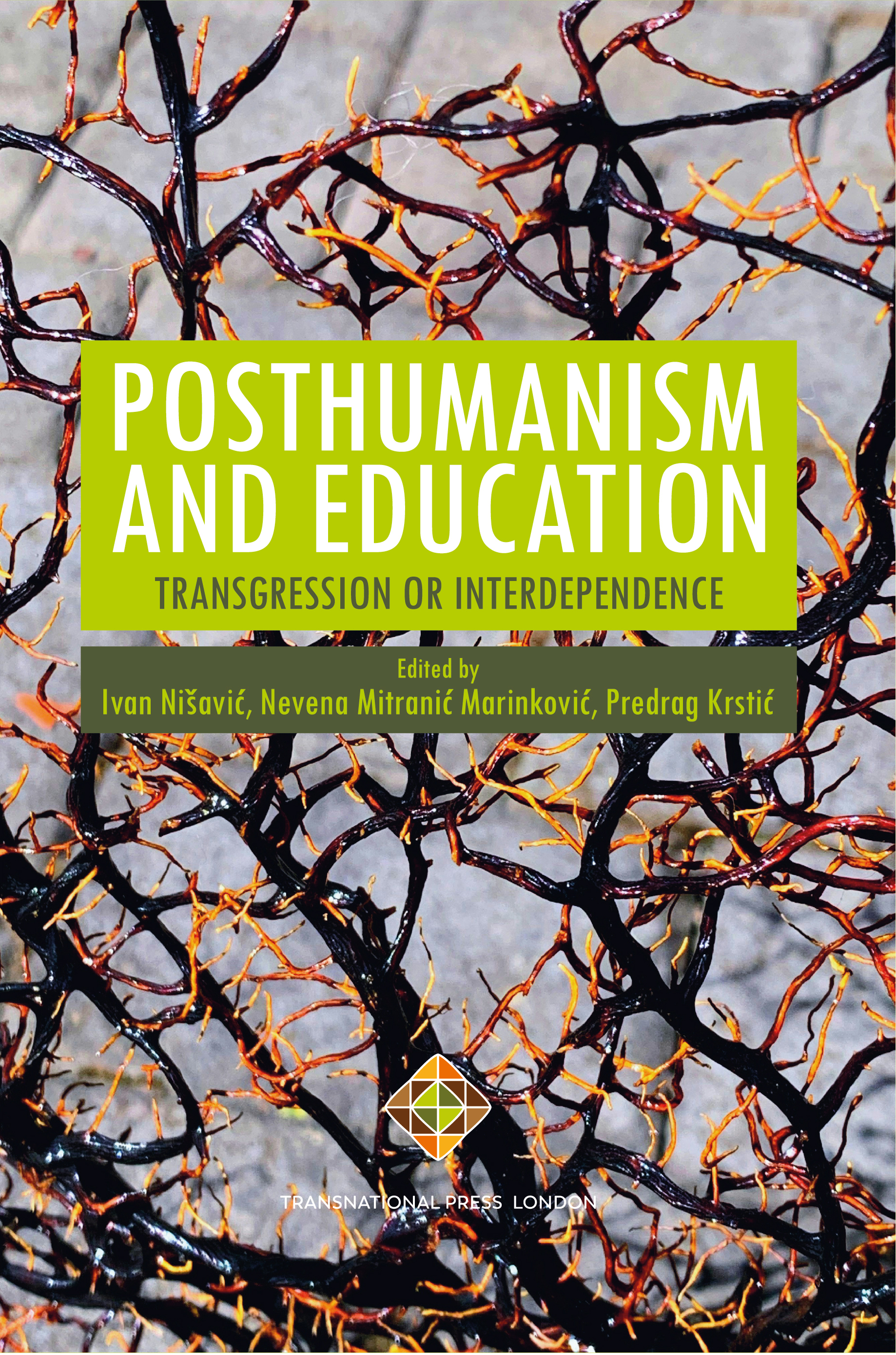Author(s): Aurelia Sabiescu / Language(s): English
Publication Year: 0
De Martino’s work and his way of thinking gather together the innovative force of a scholar who has managed, without any doubt, to bring about a revolution in the ways of ethnological and anthropological research. Initially disputed, De Martino was later rediscovered due to some favorable trends of cultural interest. He is, therefore, responsible for creating a complex mechanism of thorough study, analysis, understanding and valorification of the traditional social frameworks which are, after all, the origins of European culture. In fact, the capacity of traditional societies to stand up to the ordinary, to confront the present and the ways they have secured their constant presence throughout generations isn’t only through the systematic and sometimes agonizing effort of subsisting, but also due to the existance of those cultural frameworks which represent the means of survival when it comes to mentalities, social rapports and psychological representations. In De Martino’s understanding of the myth, which he designates as the symbolic substance of cultural rite and an instrument used for transcending the limit: „namely, a critical moment for the existence on which weighs the extreme risk of the collapse of the ethos of transcendence and, therefore, that of presence”, and will „also reveal the horizon that recovers this risk, a conversion of the annihilation of presence and its reintegration into simply being”, such we may understand how is actually presents a double transcendence where the rite alters the cultural norm, expressing a „history of origins” related to the moment of crisis.
More...
